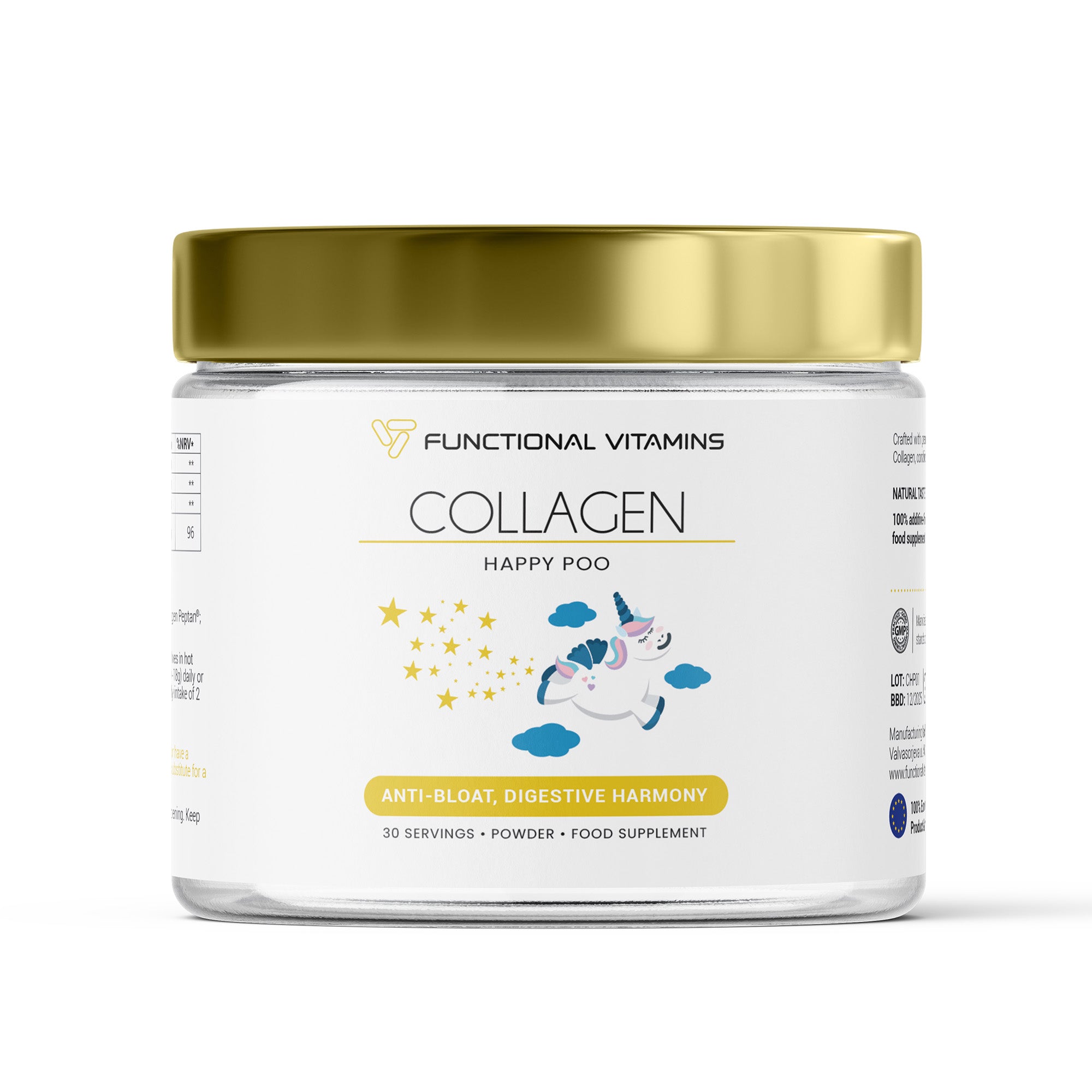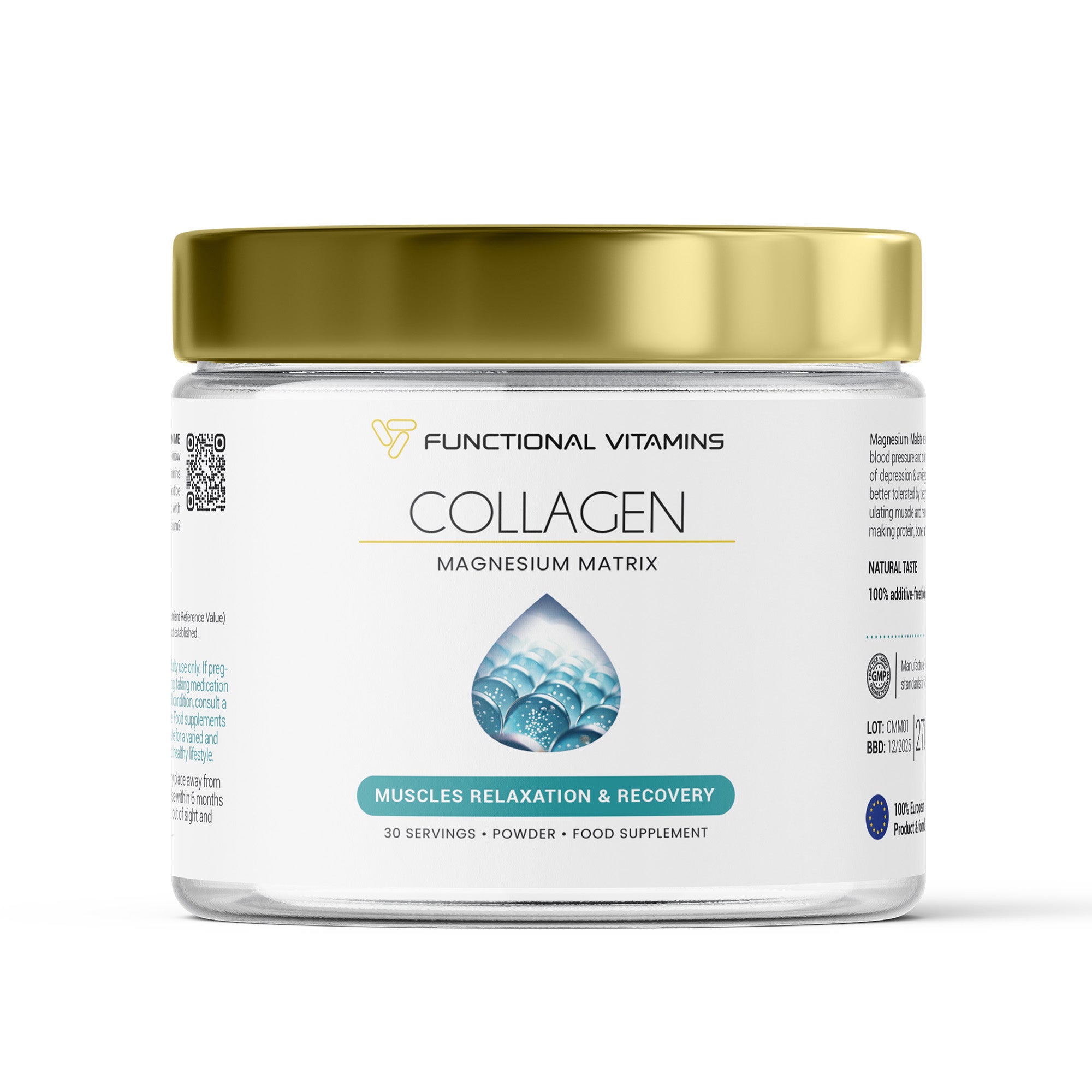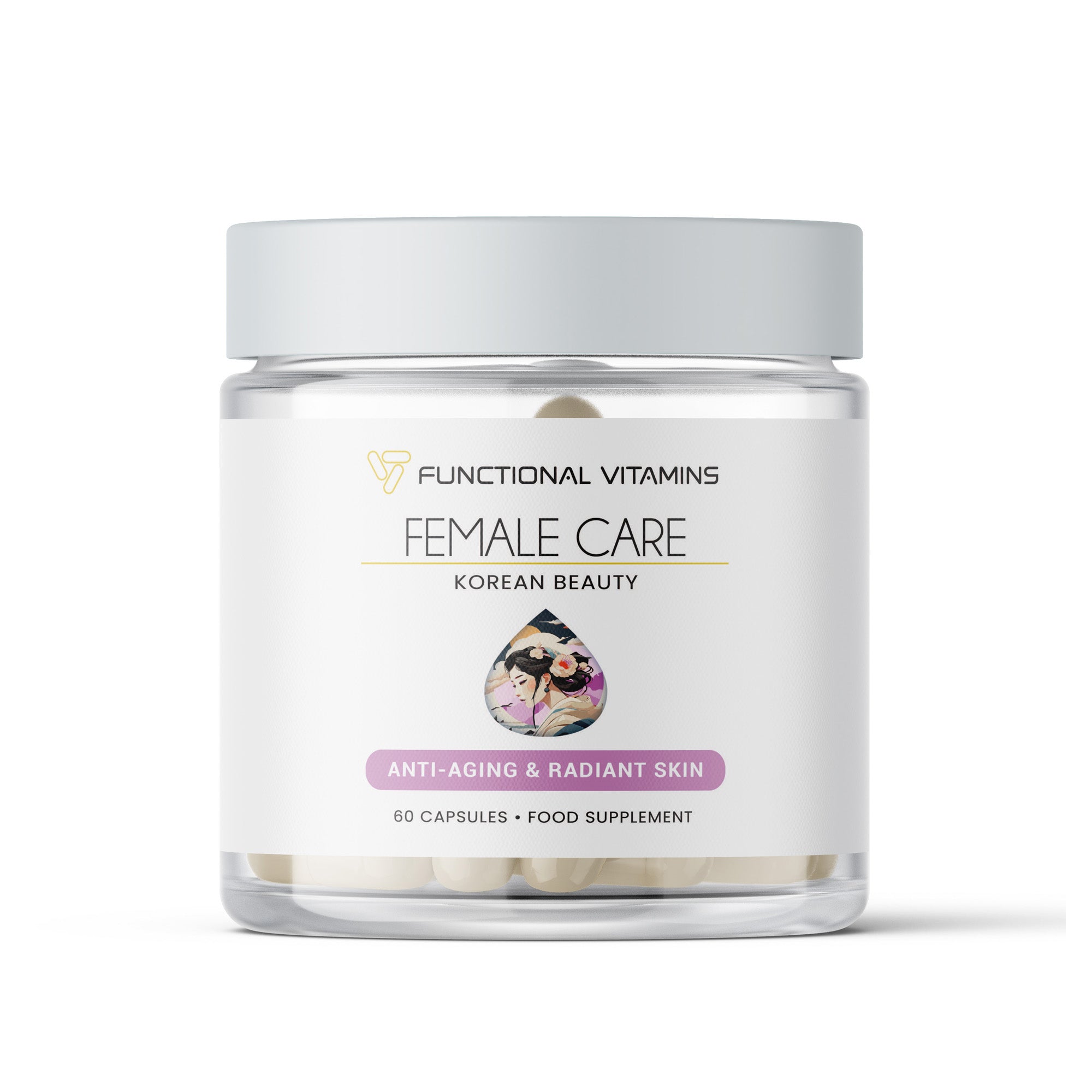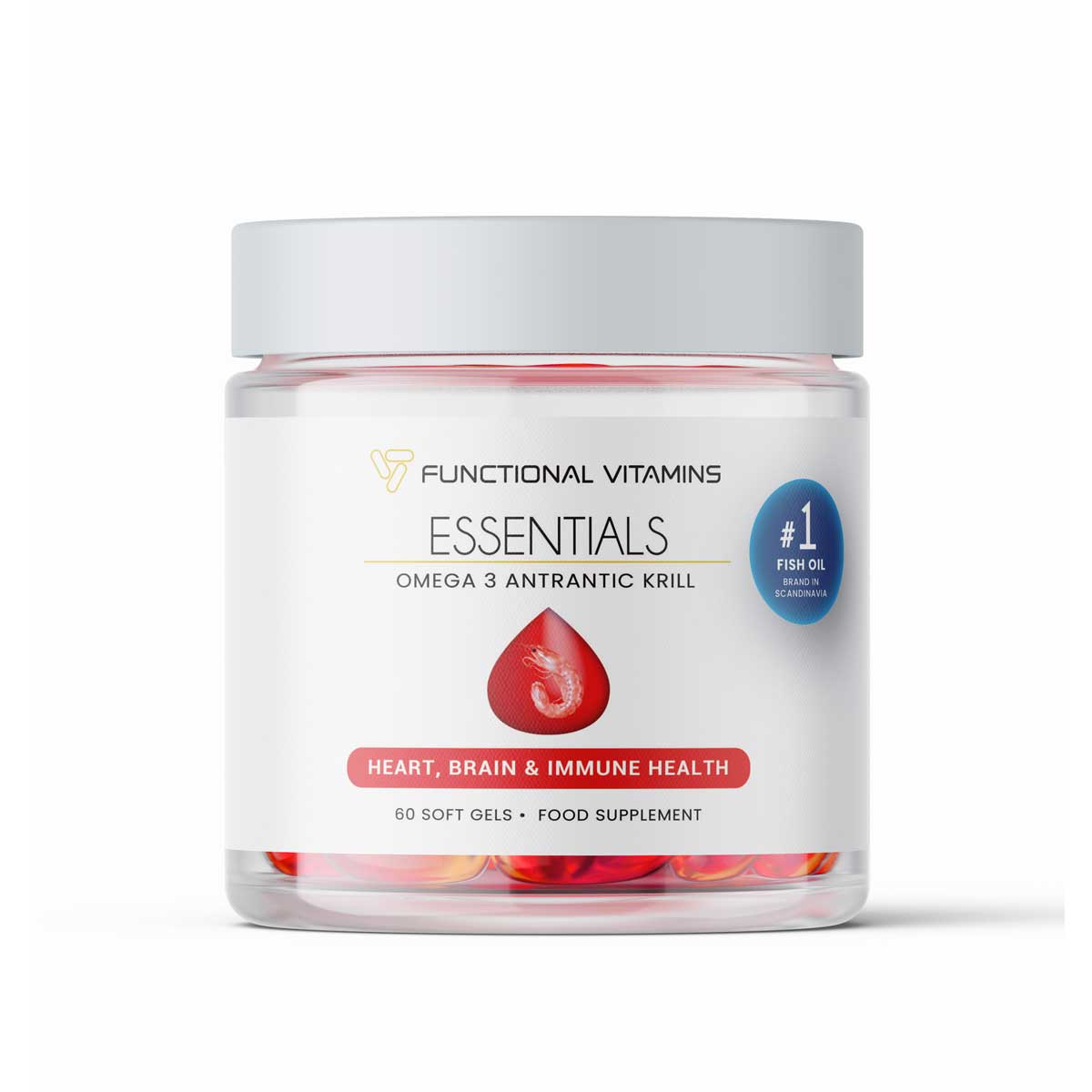In today's wellness-centric world, understanding the science behind popular ingredients can empower us to make informed choices. Among the myriad of compounds making waves, Peptan® Collagen Bovine and various forms of magnesium are drawing attention for their multifaceted health benefits. Let's delve into the research-backed advantages of these powerhouse ingredients.
The Magnesium Benefits
Magnesium is crucial for humans due to its multifaceted roles in various physiological processes. Here are some reasons why magnesium is essential:
Muscle Function: Magnesium plays a vital role in muscle contraction and relaxation, including the heart muscle. It ensures that muscles function properly and prevents cramping.
Energy Production: Magnesium is a co-factor in more than 300 enzymatic reactions, including those involved in energy production. It helps convert food into energy, supporting overall metabolic processes.
Bone Health: Together with calcium, magnesium is essential for maintaining healthy bones. It contributes to bone density and helps in the absorption and metabolism of calcium.
Nervous System: Magnesium is involved in the regulation of neurotransmitters, which send messages throughout the nervous system. This helps in maintaining a balanced mood, reducing stress, and promoting relaxation.
Heart Health: Magnesium helps regulate blood pressure and plays a role in preventing cardiovascular diseases. It supports the proper functioning of the heart and helps maintain a steady heartbeat.
Blood Sugar Regulation: Magnesium is involved in carbohydrate metabolism and influences the release and activity of insulin, a hormone that regulates blood sugar levels. Adequate magnesium levels can help in the prevention of type 2 diabetes.
DNA and RNA Synthesis: Magnesium is essential for the synthesis of DNA, RNA, and proteins. It supports cell division, growth, and repair.
Enzyme Function: Many enzymes require magnesium as a co-factor to perform their functions. These enzymes are involved in various biochemical reactions essential for life.
Inadequate magnesium levels can lead to a range of health issues, including muscle cramps, fatigue, irritability, and an increased risk of chronic diseases. Therefore, ensuring sufficient magnesium intake through diet or supplementation is vital for maintaining optimal health and well-being.
The Magnesium Matrix
Learn more about the benefits associated with each form of magnesium:
Magnesium Taurinate:
Cardiovascular Support: Taurine, an amino acid, has been linked to cardiovascular health. Combining taurine with magnesium may help support heart function and blood pressure regulation.
Neurological Support: Taurine also plays a role in neurological development and function. The combination of magnesium and taurine may support cognitive function and mood regulation.
Magnesium Bisglycinate:
Gentle on the Stomach: Magnesium bisglycinate is a chelated form of magnesium, meaning it is bound to glycine, an amino acid. This form is often well-tolerated and less likely to cause digestive discomfort or laxative effects.
Absorption and Bioavailability: Bisglycinate form is known for its high absorption rate, ensuring that more magnesium reaches the cells where it's needed.
Taurinate & Bisglycinate are highlighted by Marta R. et al. (2021) and Remi Fritzen et al. (2023), are revered for cardio-support, neuro health, and digestive ease. Their roles in mood regulation, sleep enhancement, and cardiometabolic disease management make them invaluable additions to wellness routines.
Magnesium Malate:
Energy Production: Malate is a compound involved in the Krebs cycle, a series of chemical reactions that produce energy in cells. Magnesium malate may support ATP (adenosine triphosphate) production, the primary energy currency of the cell.
Muscle Health: Due to its role in energy production, magnesium malate may support muscle function and reduce muscle fatigue and cramps.
Magnesium Ascorbate:
Antioxidant Properties: Ascorbate is a form of vitamin C, a powerful antioxidant. Combining magnesium with vitamin C in the ascorbate form provides dual benefits for combating oxidative stress and supporting immune function.
Collagen Production: Vitamin C is essential for collagen synthesis, which is crucial for skin health, wound healing, and maintaining the integrity of connective tissues.
Malate & Ascorbate are recognized by the European Food Safety Authority (EFSA, 2020), the combination of magnesium with vitamin C underscores a synergy that supports energy production, detoxification, immunity, and collagen synthesis.
It's important to note that while each form of magnesium offers unique benefits, the choice of magnesium supplement may depend on individual needs, tolerance, and specific health goals. It's always advisable to consult with a healthcare professional before starting any new supplementation regimen.
Combining collagen and magnesium
Combining collagen and magnesium can offer synergistic benefits for the body due to the individual roles and functions these compounds play:
Collagen
Connective Tissue Support: Collagen is a primary protein that forms the structural framework of many tissues in the body, including skin, bones, tendons, and ligaments. It provides strength, elasticity, and structure.
Skin Health: Collagen is vital for skin hydration, elasticity, and firmness. As we age, collagen production naturally declines, leading to signs of aging like wrinkles and sagging skin.
Joint Health: Collagen supports the integrity and health of cartilage, the rubber-like tissue that cushions joints. Supplementing with collagen may help reduce joint pain and stiffness, particularly in conditions like osteoarthritis.
Bone Health: Collagen plays a role in bone structure and strength. It provides a scaffold for mineral deposition, contributing to bone density and resilience.
Magnesium
Muscle Function: Magnesium is essential for muscle contraction and relaxation. It acts as a natural calcium channel blocker, helping muscles relax after contraction.
Energy Production: Magnesium is a cofactor for several enzymes involved in energy production within cells. It plays a crucial role in ATP synthesis, the primary energy currency of the cell.
Nervous System Support: Magnesium helps regulate neurotransmitters, which are chemical messengers that transmit signals in the brain and nervous system. It may support mood, stress management, and sleep quality.
Bone Health: While collagen provides the structural matrix for bones, magnesium contributes to bone density by influencing bone mineralization.
Combining Collagen and Magnesium
Enhanced Absorption: Some believe that magnesium can enhance the absorption and utilization of collagen in the body, potentially maximizing its benefits for skin, joints, and other tissues.
Comprehensive Support: Together, collagen and magnesium provide comprehensive support for connective tissues, muscles, bones, and skin. This combination may offer synergistic effects for overall musculoskeletal and skin health.
Navigating Wellness Choices
In essence, the convergence of research and nature, as seen with Peptan® Collagen Bovine and magnesium variants, provides a compelling narrative for those seeking evidence-backed wellness solutions.
Embrace the journey of holistic health, informed by science and nature's bounty. While the science paints a promising picture, it's essential to remember that individual responses to supplements can vary. Therefore, it's always wise to consult with healthcare professionals before embarking on any new regimen.
Clinical Studies
Magnesium
Marta R. et al. 2021. Bioavailability of magnesium food supplements: A systematic review. Nutrition. Volume 89, September 2021, 111294.
https://www.sciencedirect.com/science/article/abs/pii/S0899900721001568
Nazan Uysal, et- al. 2019. Timeline (Bioavailability) of Magnesium Compounds in Hours: Which Magnesium Compound Works Best? Springer. 2018. Volume 187, pages 128–136, (2019).
https://link.springer.com/article/10.1007/s12011-018-1351-9
Remi Fritzen, et al. 2023. Magnesium Deficiency and Cardiometabolic Disease. Nutrients 2023, 15(10), 2355.
https://www.mdpi.com/2072-6643/15/10/2355
Mellitus Richard Evers Katholi, Marcella Rene Ervin Prairie. 2023. Metabolic and Renal Protective Benefits of Magnesium Supplementation in the Long-Term Management of Patients with Type 2 Diabetes. Journal of Diabetes Mellitus. Vol.13 No.2. https://www.scirp.org/journal/paperinformation?paperid=124800
Lei Fan, et al. 2022. Ca:Mg ratio, medium-chain fatty acids, and the gut microbiome. Clinical Nutrition. Volume 41, Issue 11, November 2022, Pages 2490-2499.
https://www.sciencedirect.com/science/article/abs/pii/S0261561422003259
Franziska Bürkle, et al. 2021. New perspectives for investigating muscular perfusion response after dietary supplement intake: an exploratory, randomized, double-blind, placebo-controlled crossover trial in healthy young athletes using contrast-enhanced ultrasound (CEUS). Journal of the International Society of Sports Nutrition. Volume 19, 2022 - Issue 1. Pages 397-416.
https://www.tandfonline.com/doi/full/10.1080/15502783.2022.2097018
Lippi, L., Uberti, F., Folli, A. et al. 2022. Impact of nutraceuticals and dietary supplements on mitochondria modifications in healthy aging: a systematic review of randomized controlled trials. Aging Clin Exp Res 34, 2659–2674 (2022). https://doi.org/10.1007/s40520-022-02203-y
Kumar, N., Thorat, S.T., Patole, P.B. et al. Protective role of selenium and selenium-nanoparticles against multiple stresses in Pangasianodon hypophthalmus. Fish Physiol Biochem (2023). https://doi.org/10.1007/s10695-023-01231-3
Derek R. Case, Jon Zubieta, Ren Gonzalez, Robert P. Doyle, Synthesis and Chemical and Biological Evaluation of a Glycine Tripeptide Chelate of Magnesium, Molecules, 10.3390/molecules26092419, 26, 9, (2419), (2021). https://efsa.onlinelibrary.wiley.com/doi/full/10.2903/j.efsa.2018.5292
Decker Weiss , Debra K. Brunk & Dennis A. Goodman (2018) Scottsdale Magnesium Study: Absorption, Cellular Uptake, and Clinical Effectiveness of a Timed-Release Magnesium Supplement in a Standard Adult Clinical Population, Journal of the American College of Nutrition, 37:4, 316-327, https://www.tandfonline.com/doi/full/10.1080/07315724.2017.1398686
Luisa E. Basso, Johan B. Ubbink, Rhena Delport. 2000. Erythrocyte magnesium concentration as an index of magnesium status: a perspective from a magnesium supplementation study. Clinica Chimica Acta. Volume 291, Issue 1, 20 January 2000, Pages 1-8.
https://www.sciencedirect.com/science/article/abs/pii/S0009898199001680
Ates, M., Kizildag, S., Yuksel, O. et al. 2019. Dose-Dependent Absorption Profile of Different Magnesium Compounds. Biol Trace Elem Res 192, 244–251 (2019). https://doi.org/10.1007/s12011-019-01663-0
Rebecca Costello, Andrea Rosanoff, Forrest Nielsen, Christina West. 2023. Perspective: Call for Re-evaluation of the Tolerable Upper Intake Level for Magnesium Supplementation in Adults. Advances in Nutrition. Volume 14, Issue 5, September 2023, Pages 973-982.
https://www.sciencedirect.com/science/article/pii/S2161831323013352
Neil Bernard Boyle,Clare Lawton and Louise Dye. 2017. The Effects of Magnesium Supplementation on Subjective Anxiety and Stress—A Systematic Review. School of Psychology, University of Leeds, Leeds LS2 9JT, UK. Nutrients 2017, 9(5), 429.
https://www.mdpi.com/2072-6643/9/5/429?ref=circle-magazine-health-wellness-genetics-blog
Magnesium Ascorbate
European Food Safety Authority (EFSA). 2020. Calcium ascorbate, magnesium ascorbate and zinc ascorbate added for nutritional purposes in food supplements. EFSA Journal. Volume 7, Issue 3 994.
https://efsa.onlinelibrary.wiley.com/doi/epdf/10.2903/j.efsa.2009.994
Naticol® Collagen Marine
Shoulders, M. (2009), Annu Rev Biochem., 78:929-58.
Iwai, K. (2005), J Agric Food Chem., 53(16):6531-6.
Peptan® Collagen Bovine
Postlethwaite, A. E., et al., 1978. Chemotactic attraction of human fibroblasts to type I, II, and III collagens and collagen-derived peptides. Proceedings of the National Academy of Sciences, 75(2), 871-875. doi:10.1073/pnas.75.2.871
Gniadecka, M., 1998. Water and protein structure in photoaged and chronically aged skin. Journal of the European Academy of Dermatology and Venereology, 11. doi:10.1016/s0926-9959(98)95059-0
Asserin, J. et al., 2015. The effect of oral collagen peptide supplementation on skin moisture and the dermal collagen network: evidence from an ex vivo model and randomized, placebo-controlled clinical trials. Journal of Cosmetic Dermatology, doi: 10.1111/jocd.12174
Guillerminet, F. et al., 2010, Hydrolyzed collagen improves bone metabolism and biomechanical parameters in ovariectomized mice: An in vitro and in vivo study. Bone, 46:827-834
Guillerminet, F. et al., 2012, Hydrolyzed collagen improves bone status and prevents bone loss in ovariectomized C3H/HeN mice. Osteoporosis International, 23(7):1909-1919
Daneault, A. et al., 2014, Hydrolyzed collagen contributes to osteoblast differentiation in vitro and subsequent bone health in vivo. Osteoarthritis and Cartilage, 22:S131
Daneault, A. et al., 2017, Biological effect of hydrolyzed collagen on bone metabolism. Critical Reviews in Food Science and Nutrition, 57(9):1922-1937
Hays N.P. et al., 2009, Effects of whey and fortified collagen hydrolysate protein supplements on nitrogen balance and body composition in older women. Journal of the American Dietetic Association, 109:1082-1087.
Jiang J.X. et al., 2014, Collagen peptides improve knee osteoarthritis in elderly women: A 6-month randomized, double-blind, placebo-controlled study. Agro FOOD Industry Hi Tech 25: 19-23
Dar, Q. et al., 2017. Daily oral consumption of hydrolyzed type 1 collagen is chondroprotective and anti-inflammatory in murine posttraumatic osteoarthritis. PLoS ONE 12(4):e0174705
Jiang J.X. et al., 2014, Collagen peptides improve knee osteoarthritis in elderly women: A 6-month randomized, double-blind, placebo-controlled study. Agro FOOD Industry Hi Tech, 25:19-23












Leave a comment
This site is protected by hCaptcha and the hCaptcha Privacy Policy and Terms of Service apply.